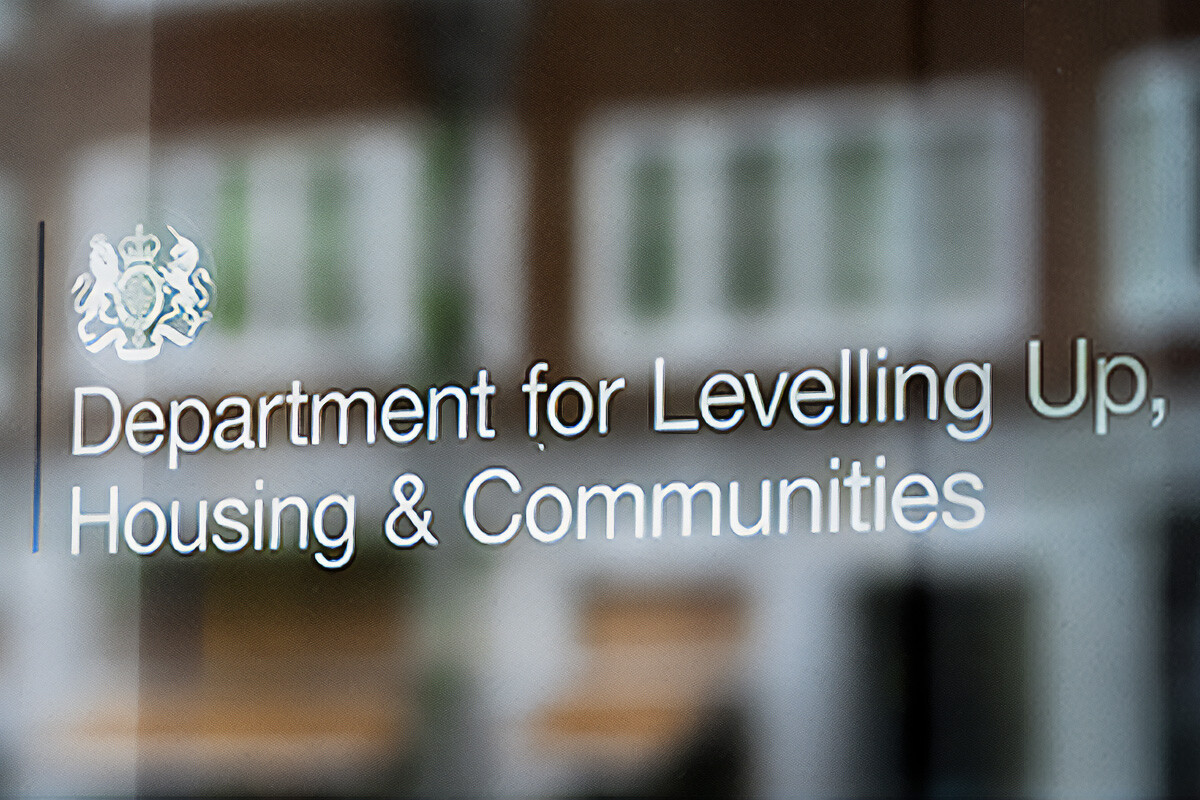As the rental market in the UK becomes increasingly regulated, landlords are facing new financial challenges, particularly from selective licensing schemes. These schemes, designed to improve housing standards and address issues like anti-social behaviour, require landlords to obtain licenses for properties in designated areas. While these initiatives aim to protect tenants and enhance community well-being, the reality for landlords is a significant increase in costs, which can have wide-ranging implications for their businesses and the rental market as a whole.
Understanding Selective Licensing
Selective licensing allows local councils to regulate privately rented properties in specific areas. To operate legally, landlords must apply for a license, which typically lasts for five years. The fees for these licenses can vary widely depending on the location, with averages around £700, though in some areas, costs can be significantly higher. Beyond the initial fee, landlords also face the risk of fines for non-compliance, which can reach thousands of pounds. Here's more about local licensing requirements from GOV.UK.
The Financial Impact on Landlords
The financial implications of selective licensing extend beyond the upfront licensing fees. Many landlords are finding that the additional costs associated with compliance—such as property improvements, administrative costs, and potential legal fees—are adding up quickly. In 2024 alone, councils reportedly collected £20 million from landlords through these schemes, underscoring the growing financial burden on the rental market.
This increase in costs is putting pressure on landlords' profit margins. For some, the added expenses may lead to difficult decisions, such as increasing rent to cover the costs, selling properties, or even leaving the rental market altogether. The situation is particularly challenging for smaller landlords who may lack the financial resilience to absorb these rising costs.
Broader Implications for the Rental Market
As costs rise, the potential impact on tenants becomes a key concern. If landlords choose to pass on the costs through higher rents, tenants in already expensive areas could face even greater financial strain. Additionally, there is the risk that increased regulation could reduce the supply of rental properties, further exacerbating the affordability crisis in the UK housing market.
The growing financial demands on landlords may also discourage investment in rental properties, leading to a potential reduction in the quality and availability of rental housing. As more landlords struggle to comply with selective licensing requirements, the overall rental market could become less accessible, particularly for the most vulnerable.
Strategies for Landlords to Navigate Selective Licensing
Given these challenges, it's crucial for landlords to stay informed and proactive. Here are a few strategies to consider:
- Research Local Schemes: Stay updated on whether your properties are in areas affected by selective licensing and understand the specific requirements. This knowledge will help you plan ahead and avoid unexpected costs.
- Budget for Compliance: Factor in the costs of licensing, potential fines, and any necessary property improvements into your financial planning. This proactive budgeting can help you manage the financial impact more effectively.
- Seek Legal Advice: Consult with a legal professional to ensure you fully understand your obligations and avoid costly penalties. Legal advice can also help you navigate complex regulations and protect your investments.
- Engage with Local Councils: Participate in consultations and provide feedback on proposed schemes to ensure your voice as a landlord is heard. Engaging with local authorities can also help you stay informed about changes in regulations and advocate for fairer policies.
- Consider Property Management Services: If managing compliance on your own becomes too burdensome, consider hiring a property management service. These professionals can help ensure that your properties meet all necessary standards, reducing your risk of non-compliance.
The Future of Selective Licensing and Landlord Challenges
As selective licensing schemes continue to expand, the associated costs will likely rise. Landlords must remain vigilant and adaptable to these changes to protect their investments and ensure they can continue to provide quality housing. The evolving landscape of the UK rental market presents both challenges and opportunities, and landlords who stay informed and proactive will be best positioned to navigate this complex environment.
While selective licensing is aimed at improving the quality of housing, the increasing costs are placing a significant burden on landlords. By understanding the requirements and planning accordingly, landlords can navigate these challenges while continuing to provide quality housing for tenants. However, the broader implications for the rental market remain a point of concern, particularly in terms of affordability and the overall supply of rental properties.





